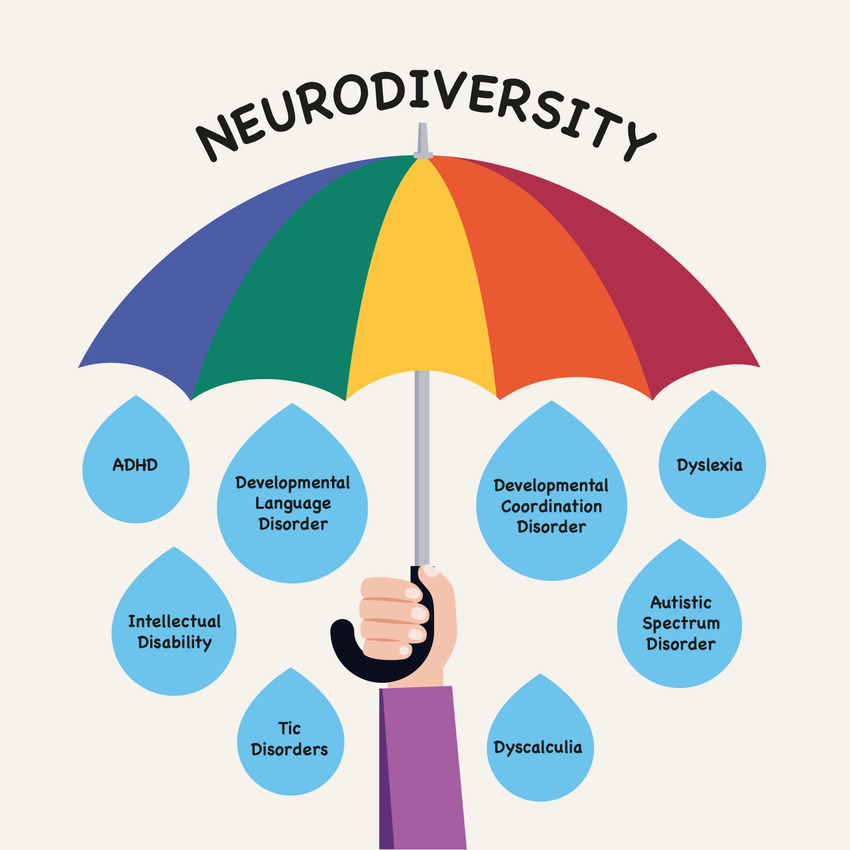
Autism in children
Autism assessments for children
There are many reasons why you or your child may want an autism assessment. A diagnosis can be helpful to understand any differences you see in your child, and of course any challenges they face as a result.
We know the route to assessment can feel confusing and overwhelming, but we are here to change that. Our expert team is friendly, knowledgeable and qualified to deliver high quality assessments, as well as relevant support and advice.
We currently offer two routes to assessment- through both the NHS Right to Choose pathway, and the privately funded route. If you are not sure yet whether you want a full assessment for your child, you can come to us for a privately-funded screening assessment instead.
You may also be thinking you would like an assessment for both autism and ADHD; if this is the case, we are able to support you with combined assessments.
How to request an assessment
Whether you would like an NHS Right to Choose assessment or would like an assessment through a privately funded route, you can see how to do this by clicking below.
What to expect from an assessment
The assessment will involve your child seeing at least two of our clinicians. It may be conducted online, face-to-face - or a combination. Click here to find out more about what to expect from your child's assessment.

About autism
Autistic people have differences in the way they socialise, communicate with others and the manner in which they are able to experience the world around them. They learn differently and may have sensory sensitivities or preferences. Children with autism might play differently, or they may have very specific interests or passions.
Autism it is a lifelong condition. Having it does not mean that your child has an intellectual or learning disability, although it is possible that some children with autism do have this as well. An intellectual or learning disability means having challenges with cognitive functions, such as learning, problem-solving and judgement.
Types of autism
You may have heard of autism being referred to as having ‘Asperger’s Syndrome’ or heard people being referred to as ‘high functioning'. You may have also heard autism being rated as either ‘severe’ or ‘mild’. Different labels and severity ratings are not very meaningful because it often depends on the situation the person is in.
The impact of a neurodevelopmental condition can vary over time and the impact of a condition is very subjective – what might feel very impactful for one person, may be different to another. Functioning relates to how the person is impacted in the way they manage independence, social interactions and their work.
Neurodiversity
You may also have heard of some other terms including ‘neurodevelopmental condition’, ‘neurodiversity’, ‘neurodivergent’ and ‘neurotypical’. Neurodiversity describes how all our brains are different. We are all part of neurodiversity.
Neurotypical refers to the majority of people, whose brains work in largely similar ways to one another. Neurodevelopmental condition refers to specific patterns of difference in the way someone’s brain develops, such as ADHD, autism, developmental language disorder.
Neurodivergence is an ‘umbrella’ term for a range of neurodevelopmental conditions. There is no one list of neurodevelopmental conditions but neurodivergence often includes:

Screening appointments
You may not know at his stage if your child should have a full autism assessment; some people find talking to a professional in the first instance can really help with this decision.
Find out moreCombined autism & ADHD assessments
You may feel from reading about autism and ADHD your child has elements of both. We are pleased to offer combined autism and ADHD assessments for children and young people on both the NHS Right to Choose pathway, and through the privately funded route.
Routes to assessment

NHS Right to Choose
We are recognised as an approved provider of autism assessments by NHS England, through the Right to Choose route for both adults and children.

Privately Funded
We assess children and adults for autism and ADHD through the privately funded route. We accept referrals from private insurers.
FAQs
Take a look at some of our frequently asked questions below. Here, you can get answers and insights from our team of expert clinicians.







